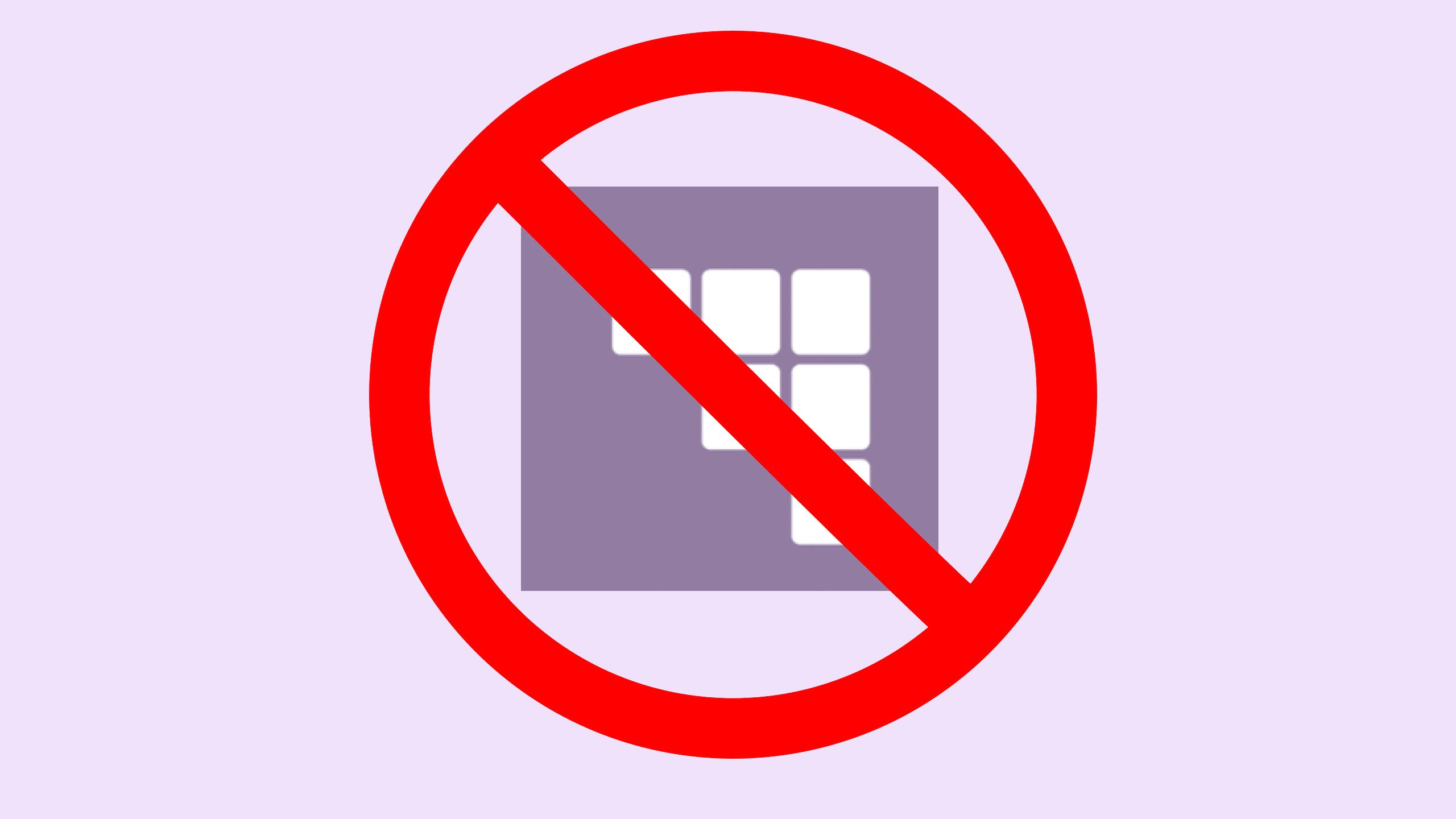By Bryan Meler
An app that locks students out of their phones while in class—previously mandatory in some courses—is now “not approved” by Ryerson University.
According to Jennifer Mactavish, vice-provost and dean of Ryerson’s Yeates School of Graduate Studies, Flipd is not approved or supported for use. It’s also been placed on a list that won’t make a Ryerson student’s credentials compatible with the third-party app.
It used to be mandatory in multiple Ryerson entrepreneurship courses taught by associate professor Sean Wise.
Flipd prevents students from using all of their phone’s applications during class time in order to improve their focus and participation. While students were able to receive emergency calls and texts, they’d be blocked off from applications such as social media and their email.
The app was removed from classrooms in late September after students brought up privacy concerns relating to the app, Mactavish said in an email. Upon looking into the app, Mactavish realized that “Flipd was never vetted through the required protocol and hence use was stopped.” She declined to provide any further comment.
“The only information we gather is what [students] have inputted themselves,” said Alanna Harvey, a Ryerson alum and the co-founder of Flipd. She later added that Flipd has no current plans to try and incorporate itself into Ryerson programs, but said the app would successfully pass through the university’s protocol for approval.
Privacy issues are a valid concern with any app that someone needs to input their information. But for some of the students who had to use the app last year, they saw it as unnecessary.
“It was belittling,” said Michael Carter-Arlt, who at 26, graduated from the Master of Digital Media (MDM) program last spring, after taking Wise’s Digital Media Entrepreneurship course.
Not only did he and his classmates have to pay their tuition, but they also needed to pay a fee (currently listed at $3.99) for the app’s class feature setting.
If they didn’t, they were told they would lose marks because using the app was mandatory to help track attendance. In the course syllabus from this year, it says Flipd will be worth 10 per cent of their grade.
“It seemed like a childish thing to use. Some people in the class were in their 30s or 40s and have children,” said Carter-Arlt.
Upon entering the class of around 30 students, Wise would send the class a code, which they would input into Flipd. Students wouldn’t be able to access their phones entirely without asking for permission through requesting a break via the app.
Ahmed Sagarwala, the manager of industry relations for the MDM program declined an interview. In an email, he wrote, “The program has a faculty meeting planned and Flipd is on the agenda.” The meeting will take place at the end of the semester, he added.
Wise is also an advisor for the investment fund that’s used by Ryerson Futures—a Ryerson-based for-profit investment company specializing in startups. Ryerson Futures started investing in Flipd in 2017. Wise’s role as an advisor is not compensated, said Jam Michael McDonald, Ryerson Futures’ marketing and communications manager.
McDonald said Wise is not a partner, but just an advisor to their investment fund, which does not consist of funding from Ryerson. But because of that role, “he advises [Flipd] on occasion by being an advisor on the fund,” said McDonald.
McDonald said they’re not aware of what investment opportunities Wise is part of individually.
On his site 110 Steps 2 Startup, a self-led entrepreneur project that students purchase in the course Entrepreneurship Digital Media, it says, “Dr. Wise is currently a partner at the seed fund, Ryerson Futures. Through that fund, he has supported more than 23 startups, investing in 13.”
“It seemed like a childish thing to use. Some people in the class were in their 30s or 40s and have children”
Harvey, who met Wise as a student in 2012, did not comment on what role, if any, Wise currently holds for Flipd, directing the question to Ryerson Futures.
Upon multiple interview requests, Wise wrote in an email that he ran any, “Potential or even perceived conflicts” with the university before use and, “When required, I removed myself from decision making and allowed an independent review by my department’s curricular committee to decide on student materials.” He declined to comment on his current relationship with Flipd.
Wise isn’t the only one to use the app. Because of the distracting nature of cellphones, Flipd is now used in over 100 schools in the United States, with over 500,000 users, according to Harvey.
A 2015 study from the Journal of Computer-Mediated Communication surveyed 136 undergraduate students enrolled in journalism courses, finding that those who used an iPhone spent an average of 3.5 hours a day on their device.
That same study also suggests that “iPhone separation can severely impact attention during cognitive tasks,” leading to an increase in blood pressure and heart rate.
Ingrid Forster, who was in Wise’s Digital Media Entrepreneurship course, said when she paid to download Flipd, she ran into a technical difficulty which didn’t allow her to access the application. Instead of approaching Wise, she told her class’ teaching assistant, who told her not to worry, because she was also taking attendance, said Forster.
The 35-year-old ultimately didn’t need the app. She was already so frustrated that she needed to pay for it that she didn’t bother following through for a refund.
Instead, it was just another fee added to her tuition.
“If I were a professor,” said Forster, “My goal would be to make my lectures interesting enough that I wouldn’t have to rely on an app to keep my students engaged.”










Leave a Reply